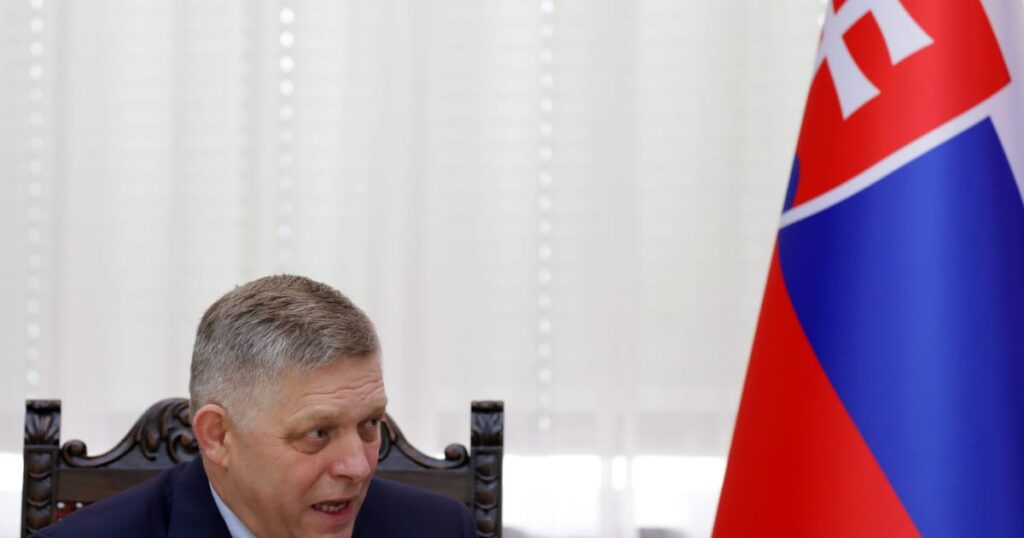“There are no EU laws or sanctions regimes that prevent Ukraine from continuing to transport gas,” Fico said. “We cannot ignore this issue because everyone knows that ignoring it means increasing tensions in the EU and bilateral relations.”
According to the commission, the disruption of Russian gas supplies has not caused a supply shortage or a significant price hike.
But Fico’s government claims it will lose up to 500 million euros in transit fees previously earned by shipping gas to neighboring countries such as the Czech Republic and Hungary. “You may say it’s not a big deal, but Slovakia is a small country and we are under pressure to consolidate public funds,” he said.
Fico had previously vowed to halt much-needed electricity exports to Ukraine, which is facing a power crisis as a result of heavy bombardment of the country’s power grid by Russian rockets and drones. He also suggested that aid be stripped from Ukrainian refugees in retaliation for the termination.
At the same time, Fico’s Smer party and Viktor Orbán’s government have threatened to block Ukraine’s EU membership bid, citing conflicts.
Ukrainian President Volodymyr Zelenskiy said in December that he would not allow Russia to “earn billions more with our blood” from gas exports. “And all the countries around the world that can get something cheap from Russia will eventually become dependent on Russia.”
In a statement shared with POLITICO after the meeting, Jorgensen said Slovakia and the European Commission “continue to closely discuss these issues, both at the political and technical level.”
To that end, they “agreed to establish a high-level working group to follow up and identify options based on a joint assessment of the situation and consider how the EU can help,” he added.



